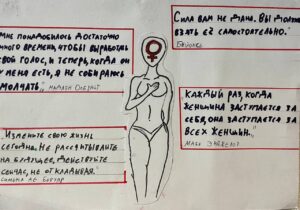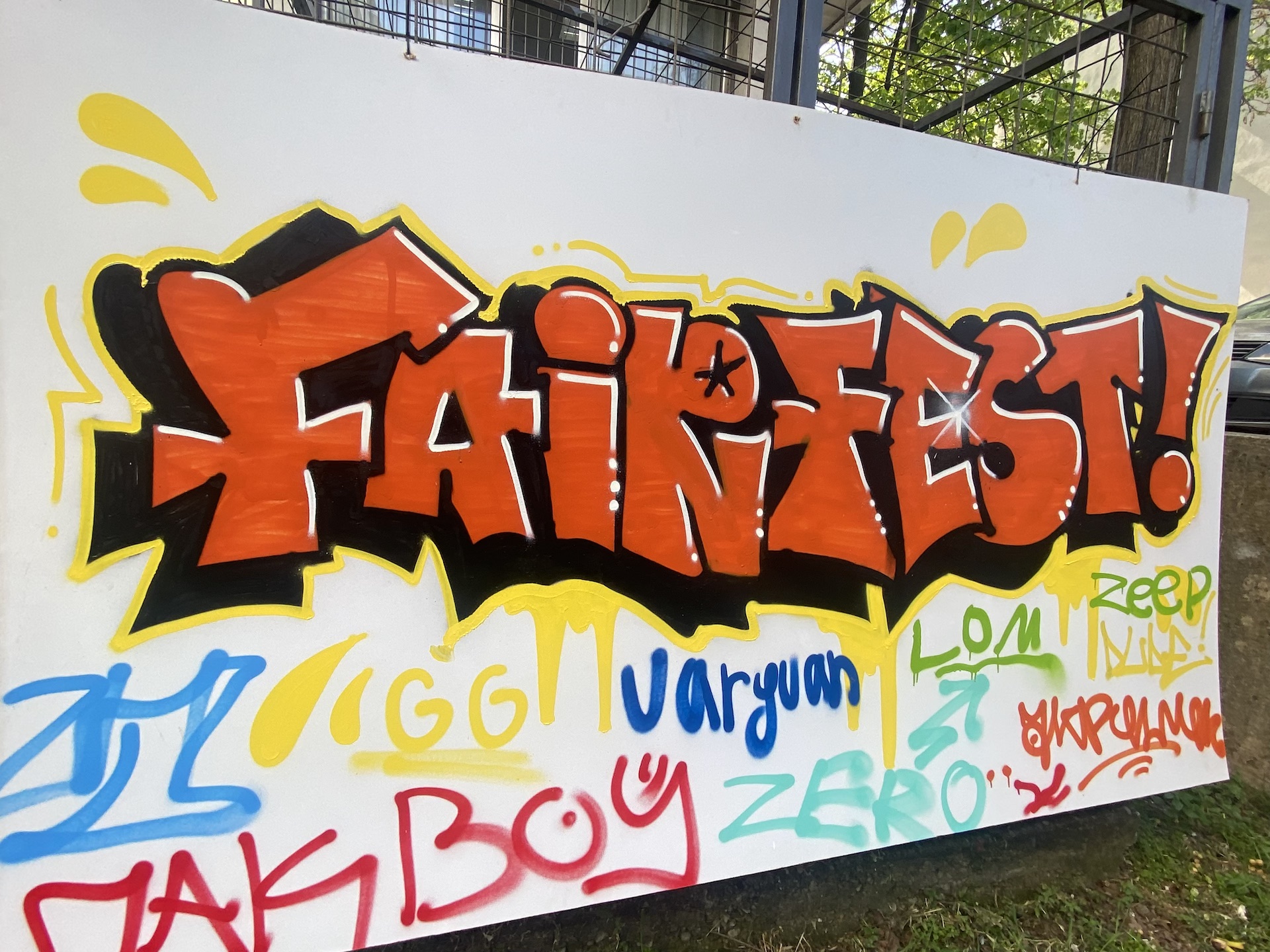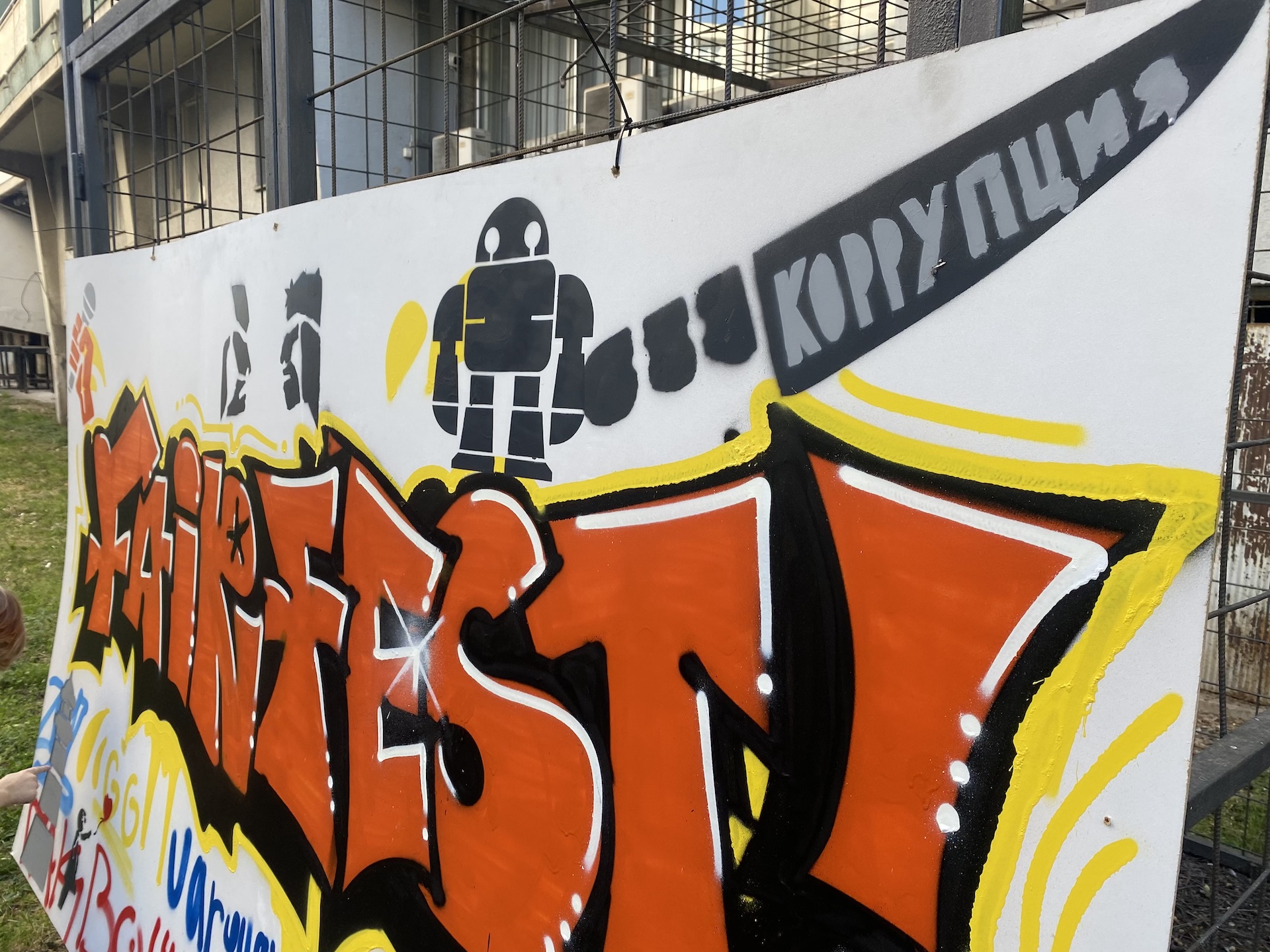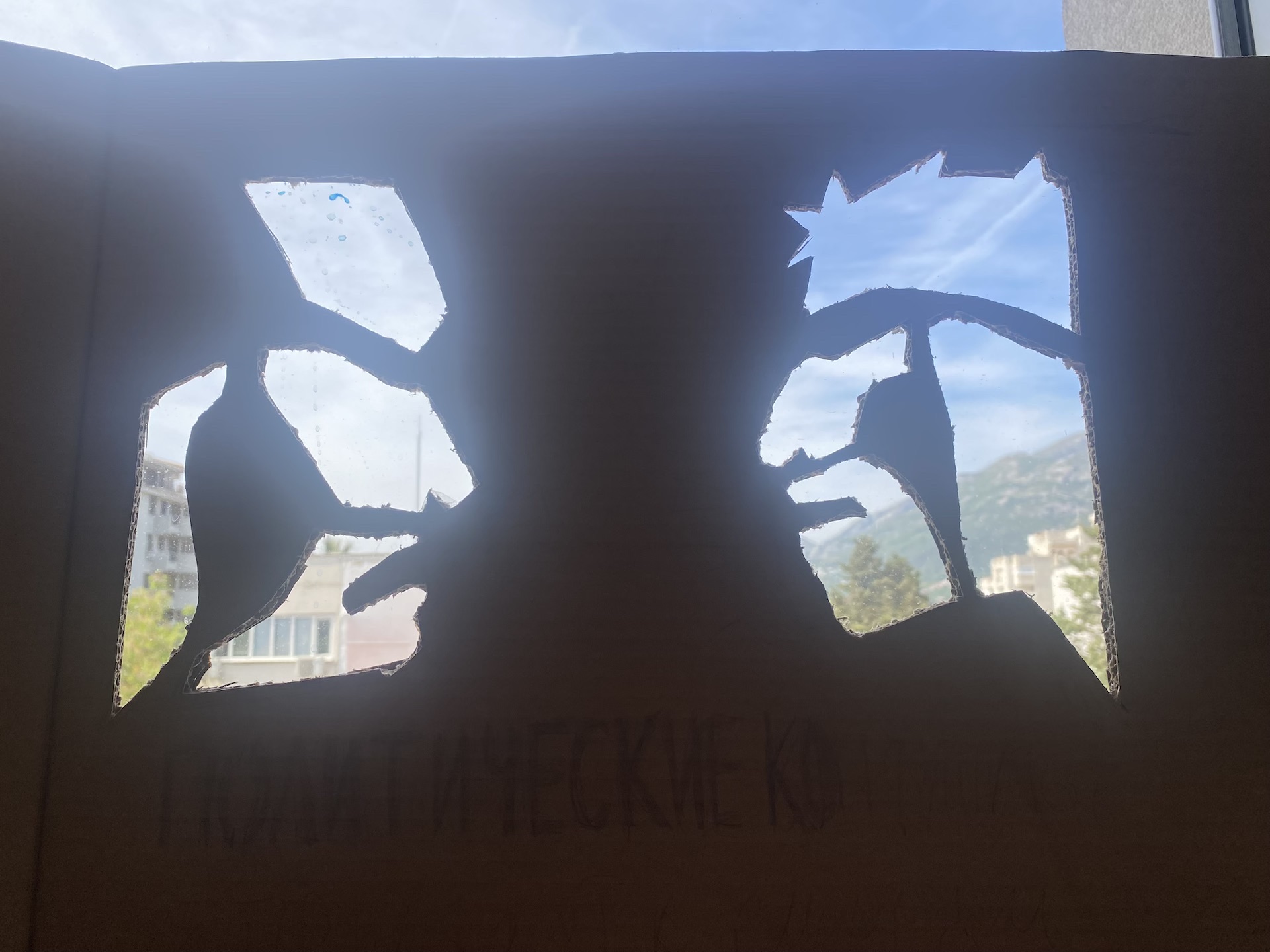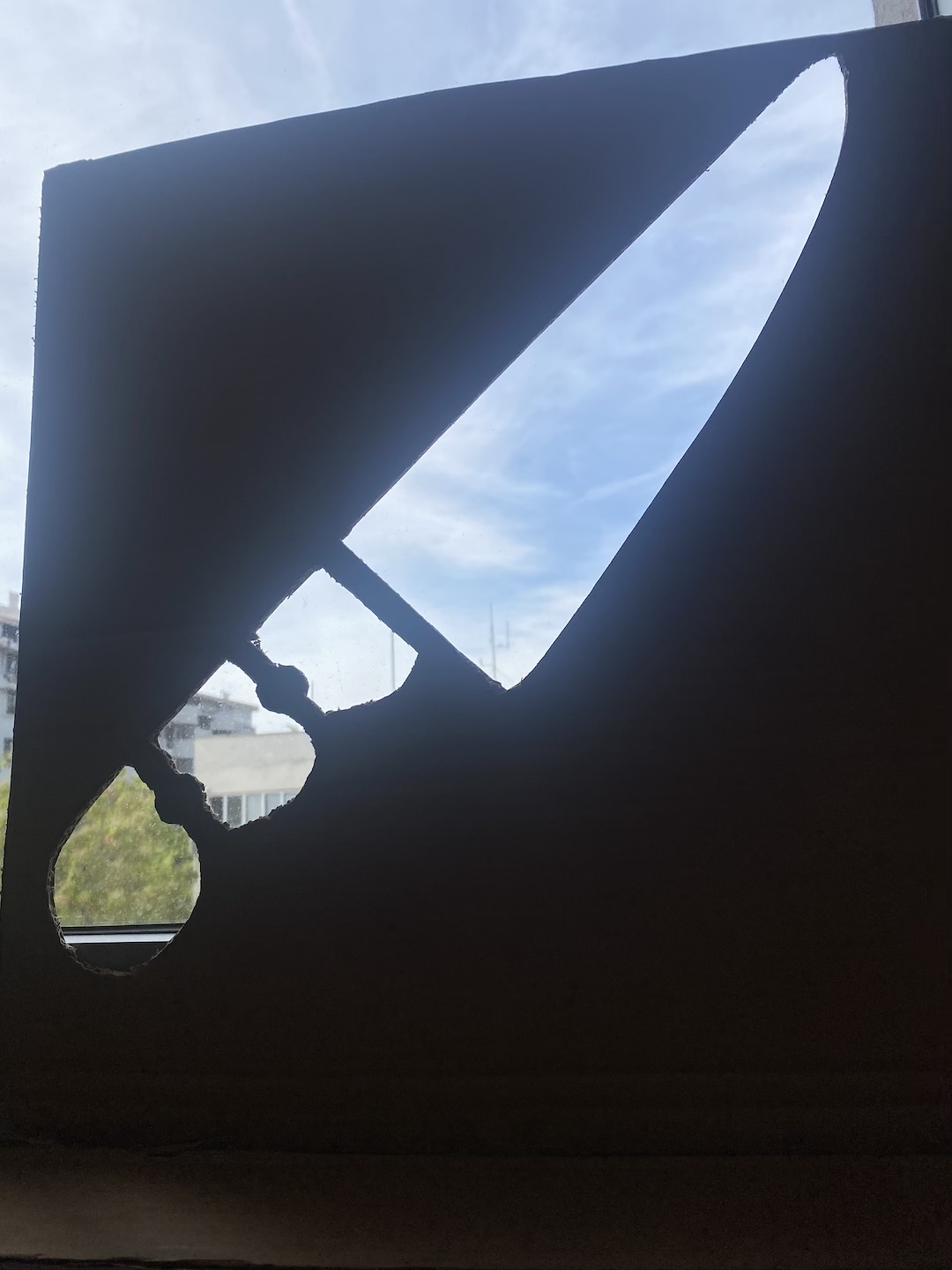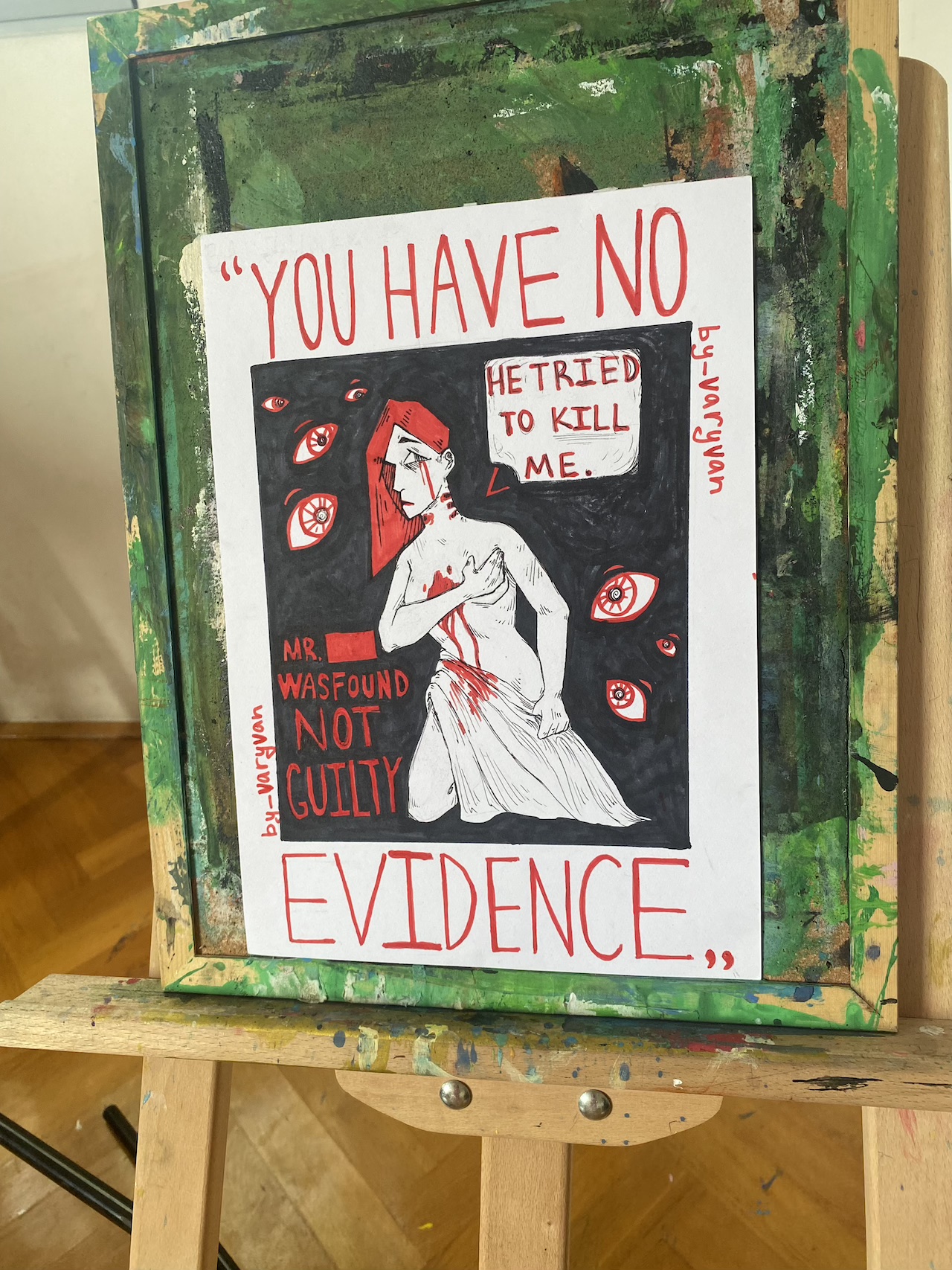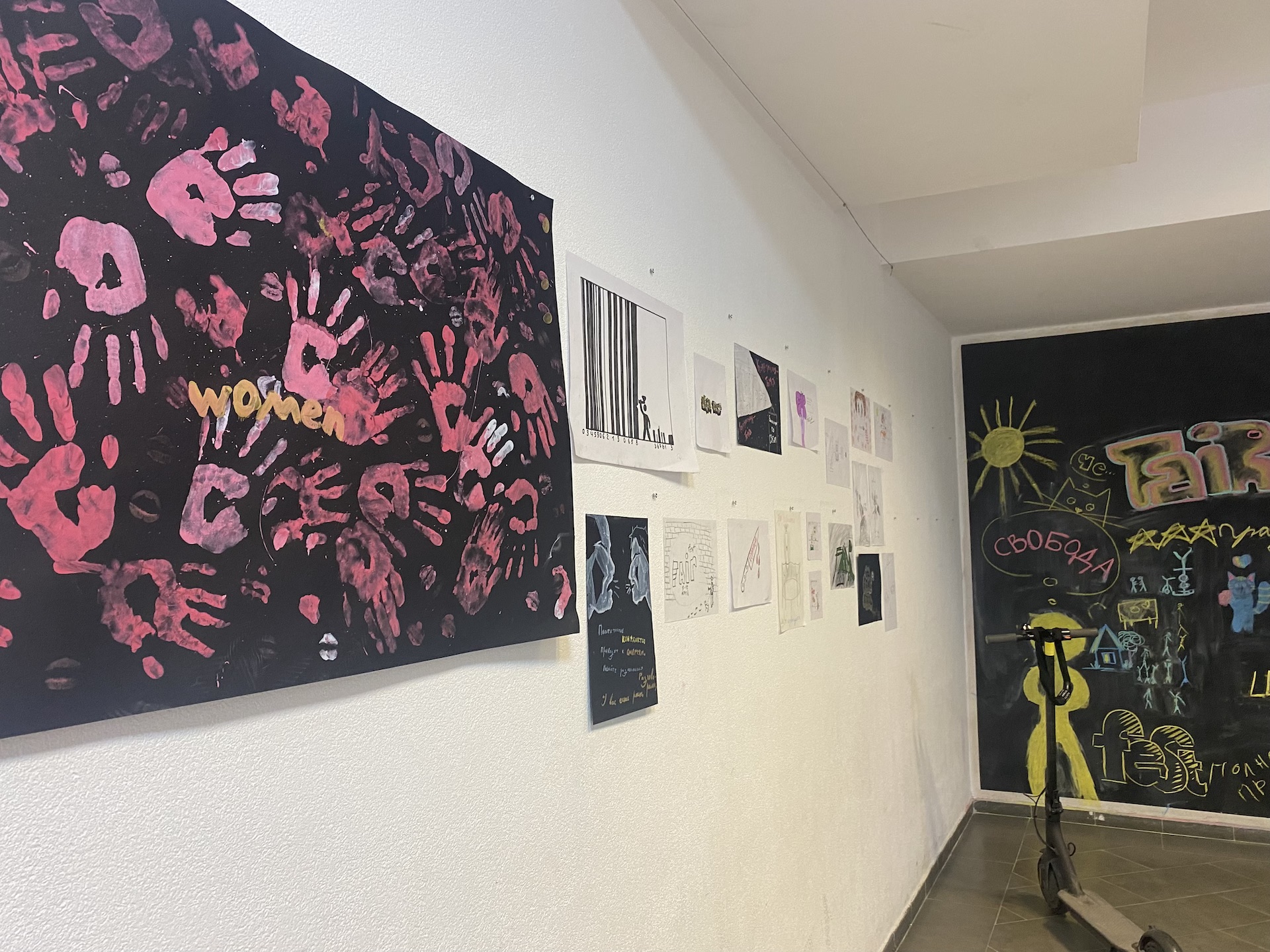Fair school and fair state: how to talk with teenagers about corruption?
The Anti-corruption After School, in partnership with the Open Adriatic School and Hip Hop Academy, held a “Fair Fest” in Montenegro.
The necessity of the involvement of young people in anti-corruption projects and programmes is recommended at various levels. But how can this be achieved in reality? We have found an excellent format that helps to solve such a complex task.
For ten days the Open Adriatic School in the city of Bar turned into a festival space and a creative “factory”, where art became the most universal language for the discussion of the consequences of corruption and instruments in its control. Together with teenagers, we examined how corruption impacts sustainable development, how it is linked with inequality, poverty, hunger, the curtailment of human rights and the climate crisis. Through all this we focused on how attention to these problems attracts artists.
For example, the leader of the Hip Hop academy, Michael Oger, spoke about the role of street art in raising awareness about social problems, as well as how the problem of political arbitrariness is reflected in street art. In addition to this, he led master classes on the composition of rap (the work is now underway to prepare the recording) and graffiti.
The logo of the festival was created by its young participants. The final version and the sketch were thought up by fifth-grader Egor. At the opening exhibition on April 12th more than thirty objects of art were displayed, their creators ranging from 10 to 17 years old.
The activities and themes of the festival were the most diverse: from interactive lectures and brainstorming to a sociological survey about justice, which involved 148 participants. Its results will be revealed by an infographic and a video.
Ninth-graders, for example, analysed which technological decisions can minimise corruption and proposed the creation of a platform with information on the taxing of all citizens. One of the tasks concerned censorship and forbidden books: they looked at spells in Harry Potter and understood the reasons for their bans. They performed a musical fairy tale about Sampo Laparenok for a primary school, in which they explored the themes of justice and injustice, of honest and dishonest decisions, of observance and infringement of the law.
Values and messages of the festival which the team of teachers and volunteers came up with:
- The demand for honesty is growing in our modern world.
- Dishonest acts undermine the reputation of people, communities and states.
- Honest behavior has the converse effect because it opens up opportunities, attracting partners and investors.
- Corruption limits possibilities, infringes on rights and freedoms, and is a threat to everyone.
- In a corrupt country power does not serve the interests of the people but works against them.
- The usurpation of power leads to permissiveness, to large-scale abuses and wars.
- Corruption fears being exposed; thus, our efforts to promote transparency in all spheres will give a result (although not immediately).
- Your participation and readiness to take on responsibility have significance.
- Your saying “no” also has significance (for instance, when you say “no” to the write-off or non-payment of taxes).
- Through art it is easier to explain the significance of social problems, including corruption, and to show ways to solve them, thereby increasing awareness.
And finally, here are the comments and works of some participants:
Lydia (5th grader):
“Deforestation is detrimental for our future! Create, consume, but think first and foremost about nature”.
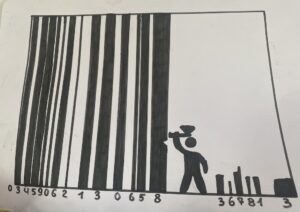
Maria (9th grader):
“Women around the world suffer from patriarchal oppression every day. It is not a made-up or hyperbolised problem, but a real problem that needs to be addressed loudly and often. Otherwise, it will not get through to anyone.
If there is desire, it is important to do everything in our power to spread information and attract public attention in different ways. Being a teenager, I can’t really do that much, but I used the opportunity to express my attitude to feminism and gender equality through a drawing at Fair Fest, which I was very happy about, since an opportunity like this does not fall every day. I would be glad if similar events occurred more often!”
